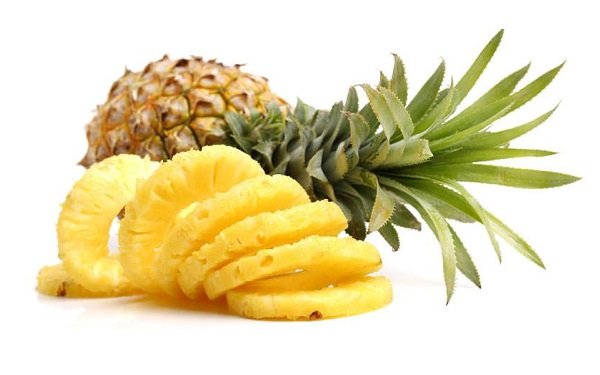For the fifth consecutive year, pineapple was considered the third food with the least presence of pesticides. This news was celebrated by the National Chamber of Pineapple Producers and Exporters (Canapep). This is because 90% of this fruit consumed in the United States comes from Costa Rica. At the national level, this represents just under half of the total exports of this product.
According to data from the Foreign Trade Promoter (Procomer), as of 2019, the North American country acquired 45% of all the pineapple produced in the country. This is far from second place belonging to Belgium and the Netherlands, both tied at 6%.
It should be noted that the NGO Environmental Working Group named avocado first and corn second. However, they highlighted that a percentage of the latter product is produced from genetically modified seeds. The organization has more than two decades of studying the impact of pesticides on natural products sold in the United States.
Innovation
Such is the demand for Costa Rican pineapples in the United States that the production companies established in the country have sought to innovate in this market. Like in the case of the multinational Fresh Del Monte.
In order to capitalize on the local experience of this crop, the company launched a pink variety in 2020. This variety captivated the US market, to the point that each one sells for around ¢ 30,000. However, the company’s reason for choosing Costa Rica shows why the country has become the main exporter of this product.
Successful experience with variety cultivation

In fact, the company’s spokesperson, Hans Sauter, explained that the decision was based on the country’s successful experience with the cultivation of the Gold pineapple, about 25 years ago. This product has all the permits of the US government agency in charge of regulating food (FDA, for its acronym in English). While it is true that, in recent years, the country has developed an image of an eco-friendly product, the State has lagged behind on the issue of registering agrochemical molecules.
This has been denounced in different instances by various representatives of the sector. Recently, the president of the Chamber of Agriculture, Juan Rafaél Lizano, stressed that the country must act since other competitors are modernizing their legislation in this regard. An updated regulation could be highly beneficial for the industry, as it would allow it to work with newer and more efficient pest control chemicals.

